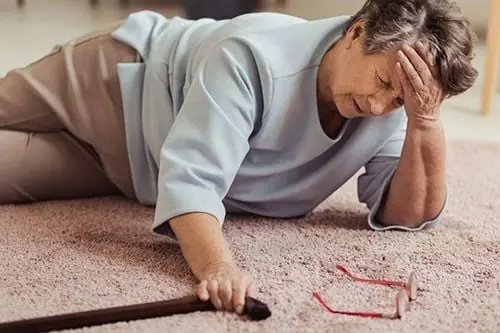
Man Suffers a Stroke from Bathing After a Meal: 3 Things You Should Never Do
The human body is delicate and requires careful attention to its needs. Our habits, from what we eat to how we exercise, can greatly impact our health. Unfortunately, many people overlook certain activities that may seem harmless but can, in fact, be very dangerous. A shocking incident recently occurred where a man suffered a stroke simply because he decided to take a bath shortly after a meal. This serves as a stark reminder that some post-meal activities can put our health at serious risk. In light of this event, here are three crucial things you should avoid doing after eating to protect your well-being.
1. Taking a Bath Immediately After Eating
One of the most common post-meal habits that people tend to overlook is taking a bath or shower. While it may seem like a relaxing way to unwind after a hearty meal, this activity can disrupt the body's natural processes and cause serious health risks. After eating, your body directs a large amount of blood to the stomach and digestive system to help break down food. Taking a bath right after eating causes the body’s blood flow to shift towards the skin and muscles instead, diverting it from the stomach. This can interfere with the digestion process and put undue strain on the cardiovascular system. In extreme cases, such as the one involving the man who suffered a stroke, this imbalance can lead to serious complications like a stroke, dizziness, or even heart failure. To avoid this risk, it is recommended to wait at least 30 minutes to an hour before bathing after eating.
2. Engaging in Strenuous Physical Activity
Many people believe that engaging in physical exercise can help speed up digestion after a meal. However, exercising immediately after eating can be extremely harmful to the body. When you work out after eating, your body is forced to divide its energy and blood supply between the digestive system and the muscles used in physical activity. This can lead to digestive issues such as bloating, cramps, and nausea. Additionally, engaging in intense exercise soon after a meal puts unnecessary pressure on the heart, making it work harder. This can increase the risk of cardiovascular events, especially for those with preexisting heart conditions. It is always a good idea to give your body some time to digest the food properly before engaging in any strenuous exercise. Waiting at least 1-2 hours after eating will ensure that your body can focus on digestion and avoid any potential complications.
3. Drinking Excessive Water Right After a Meal
Drinking water is essential for hydration, but consuming large amounts of water immediately after a meal can be harmful to your digestion. Drinking excessive water during or right after a meal can dilute stomach acids, impairing digestion and leading to bloating or indigestion. When the stomach's acid levels are reduced, the food in the stomach may not break down as efficiently, causing discomfort and potentially leading to long-term digestive problems. It is best to sip water moderately before and after meals, but avoid drinking large quantities all at once. Allowing your body to focus on digestion without overloading it with liquids will help ensure better absorption of nutrients and prevent discomfort.
Preventing Health Risks: Proper Post-Meal Habits
The story of the man who suffered a stroke after bathing right after a meal highlights how important it is to be mindful of our post-meal activities. Although we may not often think about the impact of our actions after eating, simple habits such as waiting before bathing, avoiding strenuous exercise, and moderating water intake can prevent serious health issues.
In addition to these precautions, it is essential to maintain a balanced diet and engage in regular physical activity. Healthy eating habits, such as consuming smaller portions and eating at a leisurely pace, will help the body process food more efficiently. Furthermore, staying hydrated throughout the day rather than drinking large amounts of water after meals is key to maintaining good digestive health.
It is important to recognize that, while the body can generally handle the demands we place on it, certain habits can overwhelm it and lead to health issues like strokes or other cardiovascular events. Taking care of your health involves not only what you eat but also how you treat your body before and after meals. By being mindful of these simple post-meal habits, we can reduce the risk of serious health complications and live a longer, healthier life.
In conclusion, the story of the man who suffered a stroke from bathing after a meal is a warning for all of us to rethink our post-meal routines. Simple precautions like waiting before bathing, avoiding intense exercise, and moderating water intake can go a long way in protecting our health. By making these small changes, we can significantly reduce the risk of serious health issues and ensure our body remains in optimal condition for years to come.
News in the same category

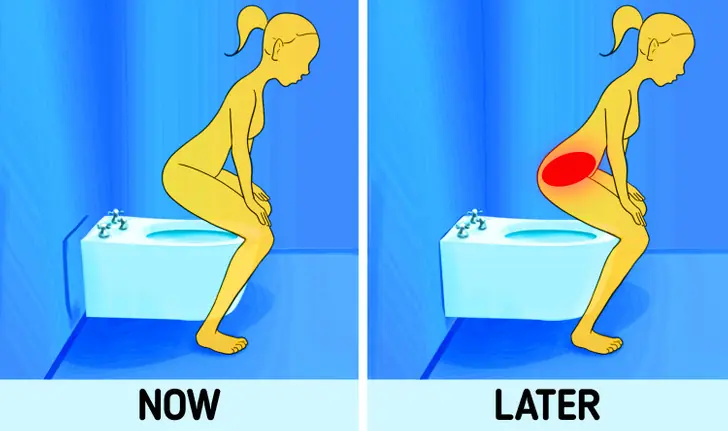
The Harmful Effects of Squatting Over a Toilet 🚽
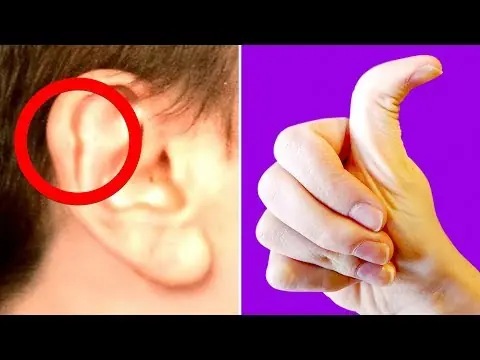
Rare Body Features That Show Just How Incredible the Human Body Is

Proven Health Benefits of Dates
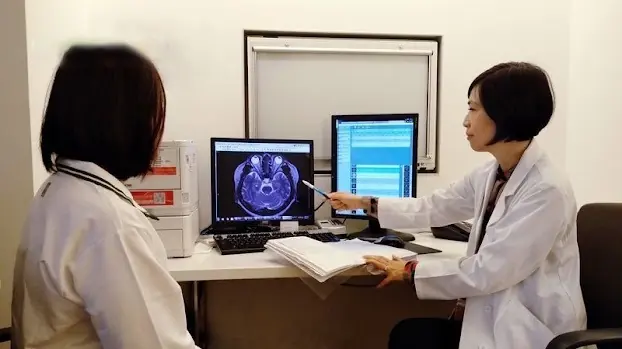
5 Warning Signs of a Dangerous Stroke and the 4 Groups Most at Risk
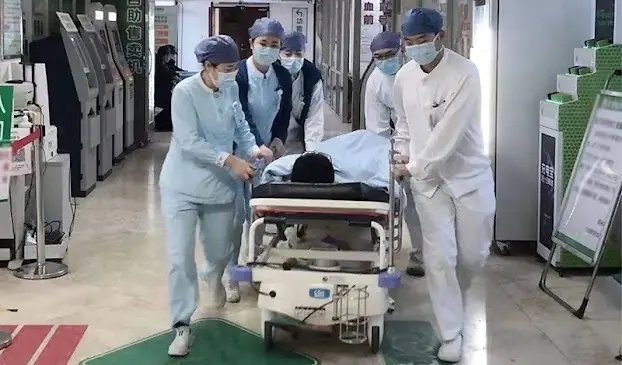
Waking Up at Midnight: Husband Complains of a Headache, Wife's Quick Thinking Saves His Life
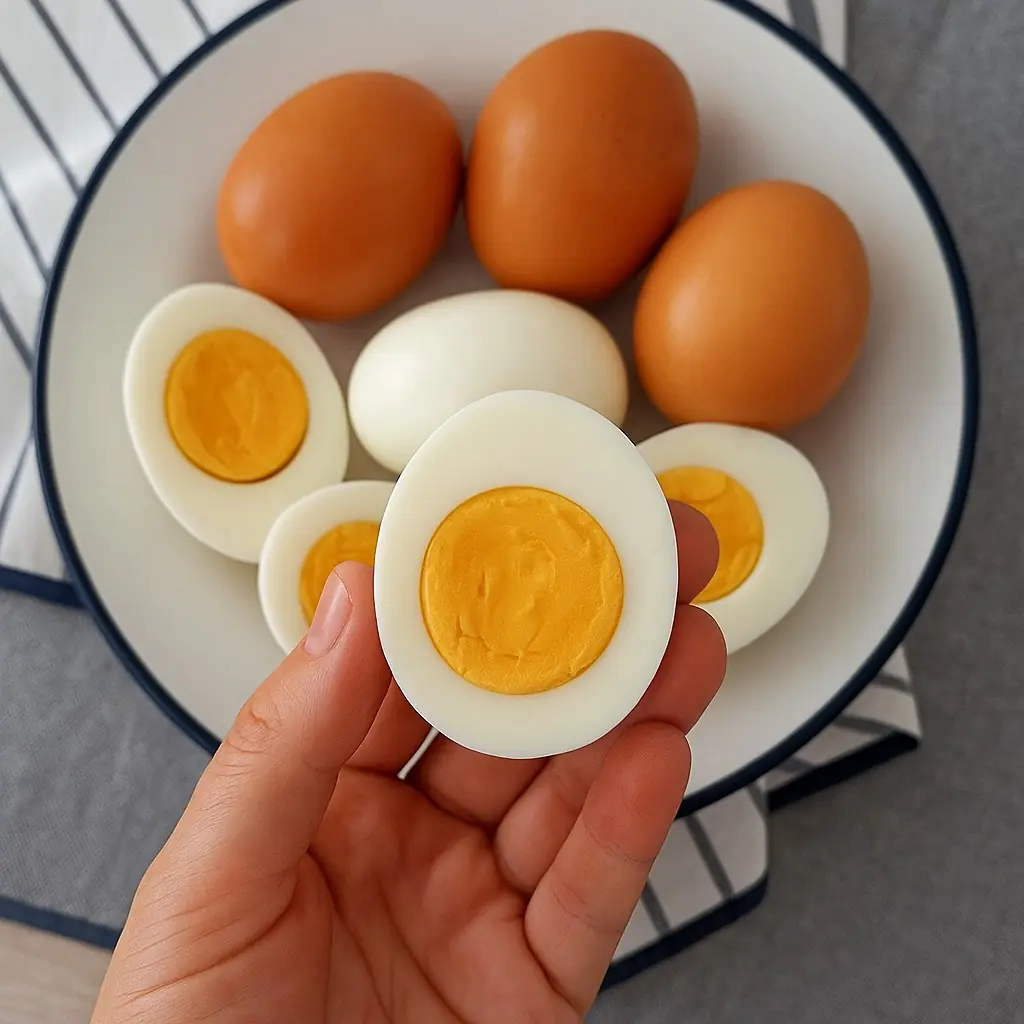
Doctors finally reveal the BENEFIT of one egg a day

Largest-Ever Individually Randomized Trials Show High-Dose Flu Vaccines Reduce Hospitalizations
In short, these studies suggest that a stronger flu vaccine does far more than ward off seasonal sniffles—it can save lives, ease pressure on hospitals, and even protect the heart.
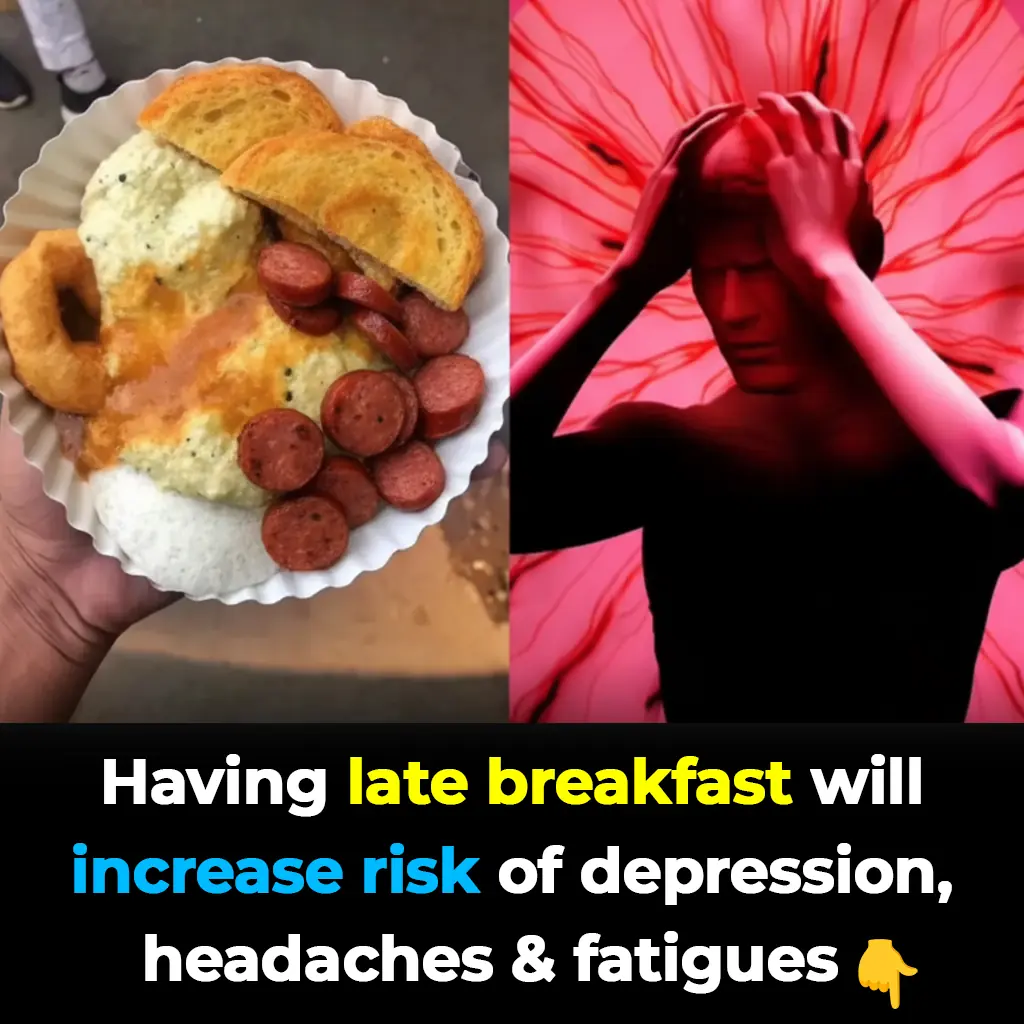
Eating Breakfast Too Late May Shorten Your Life: New Study Reveals a Hidden Risk for Older Adults
A new long-term study has raised alarm bells about something many of us overlook: the timing of breakfast. For older adults, pushing the first meal of the day later into the morning could be more than a habit — it may signal deeper health problems and i
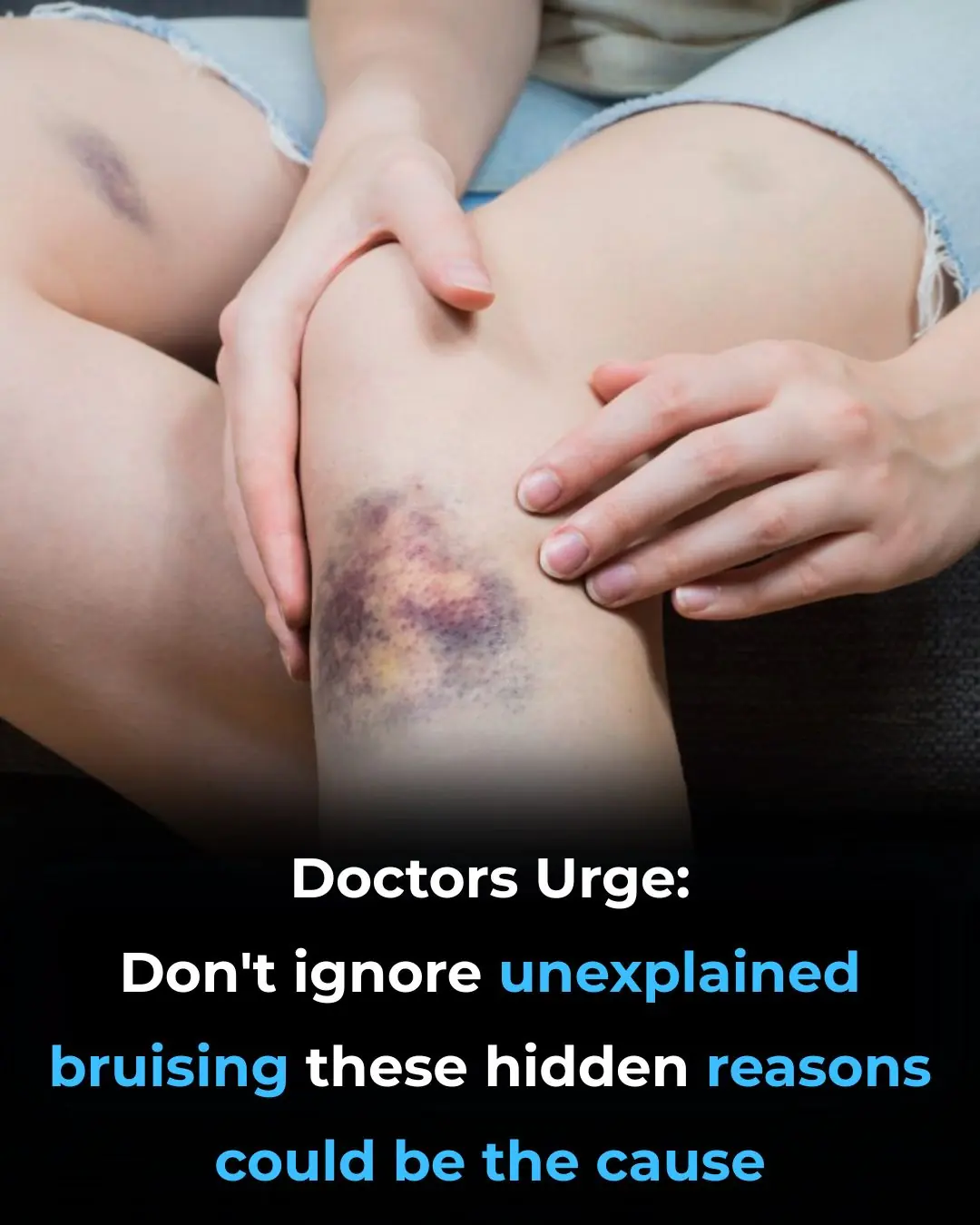
Unexplained Bruising on Your Body: Causes and Treatments

7 Resistance Band Ab Moves That Torch Belly Fat and Build Core Power
This variation transforms a simple bridge into a powerhouse move, strengthening not only your glutes but also your deep core muscles, lower back, and hip stabilizers.

8 Superfoods That Naturally Lower Cholesterol and Protect Your Heart
It’s about making gradual, sustainable swaps—cutting back on processed foods, replacing saturated fats with healthier ones, and prioritizing fiber-rich, nutrient-dense ingredients.
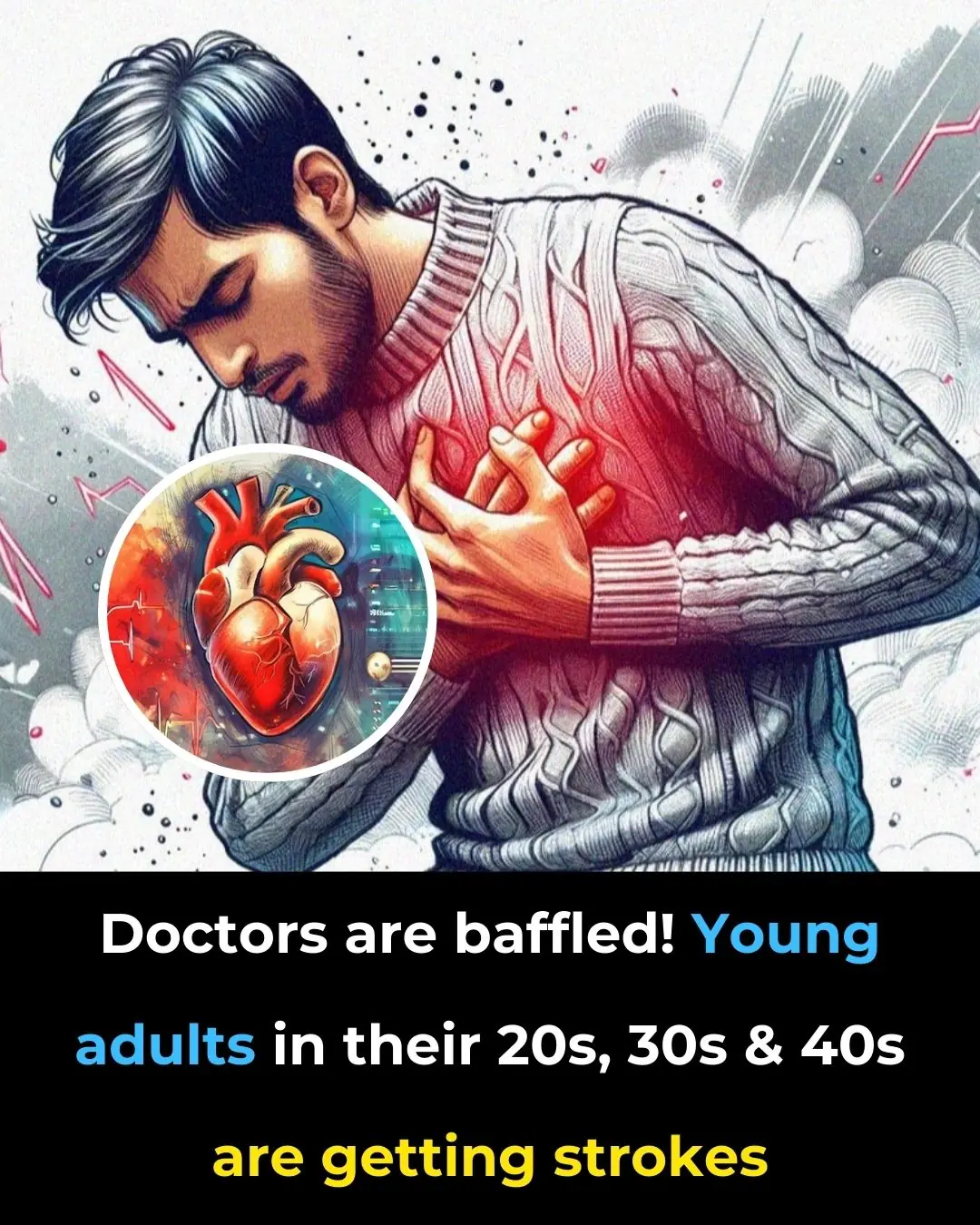
10 Life Saving Tips for Lowering Stroke Risk & Early Signs of Stroke

Proven Health Benefits of Eating Eggs Based on Evidence
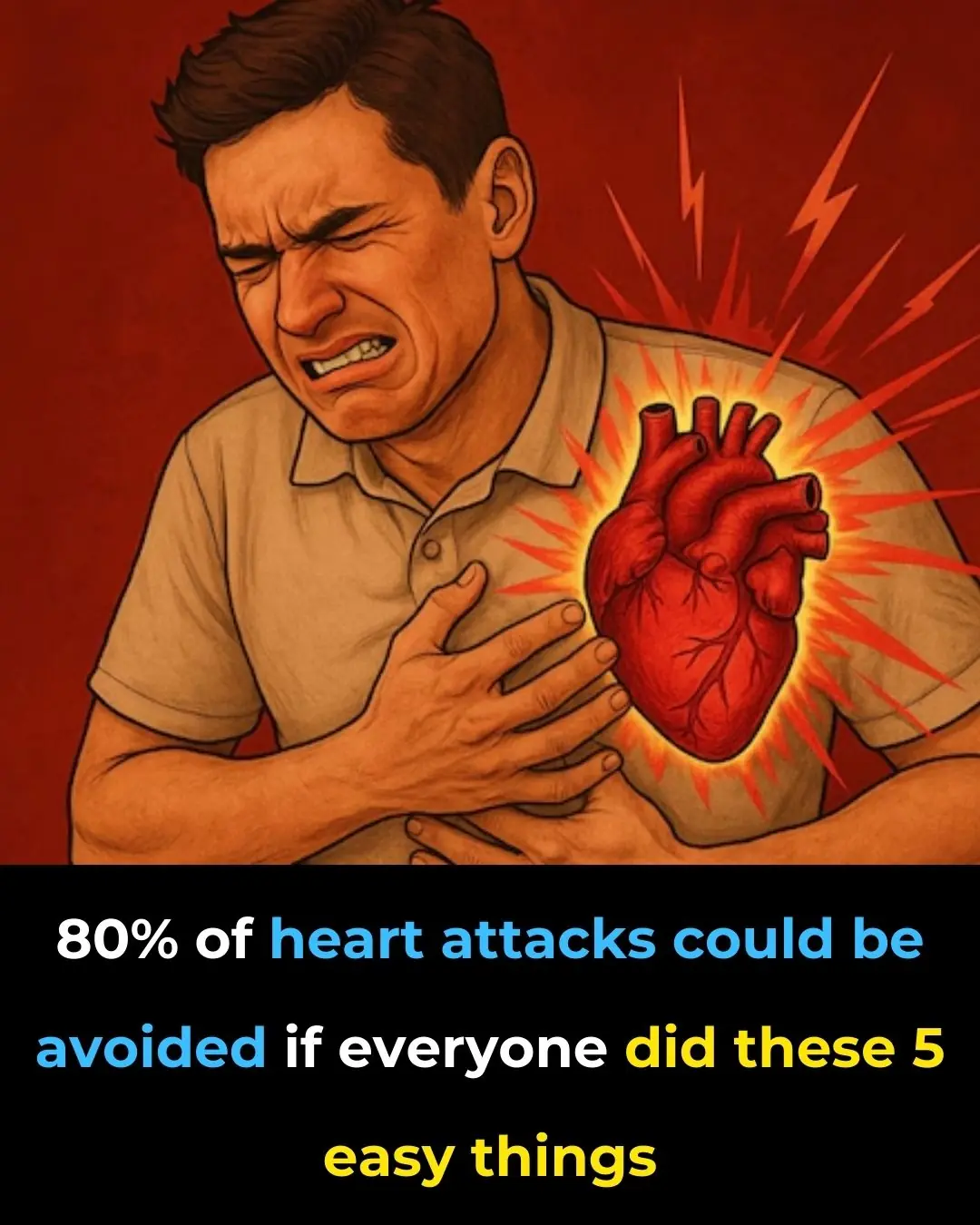
80% of Heart Attacks Can Be Prevented—Just Do These 5 Easy Things
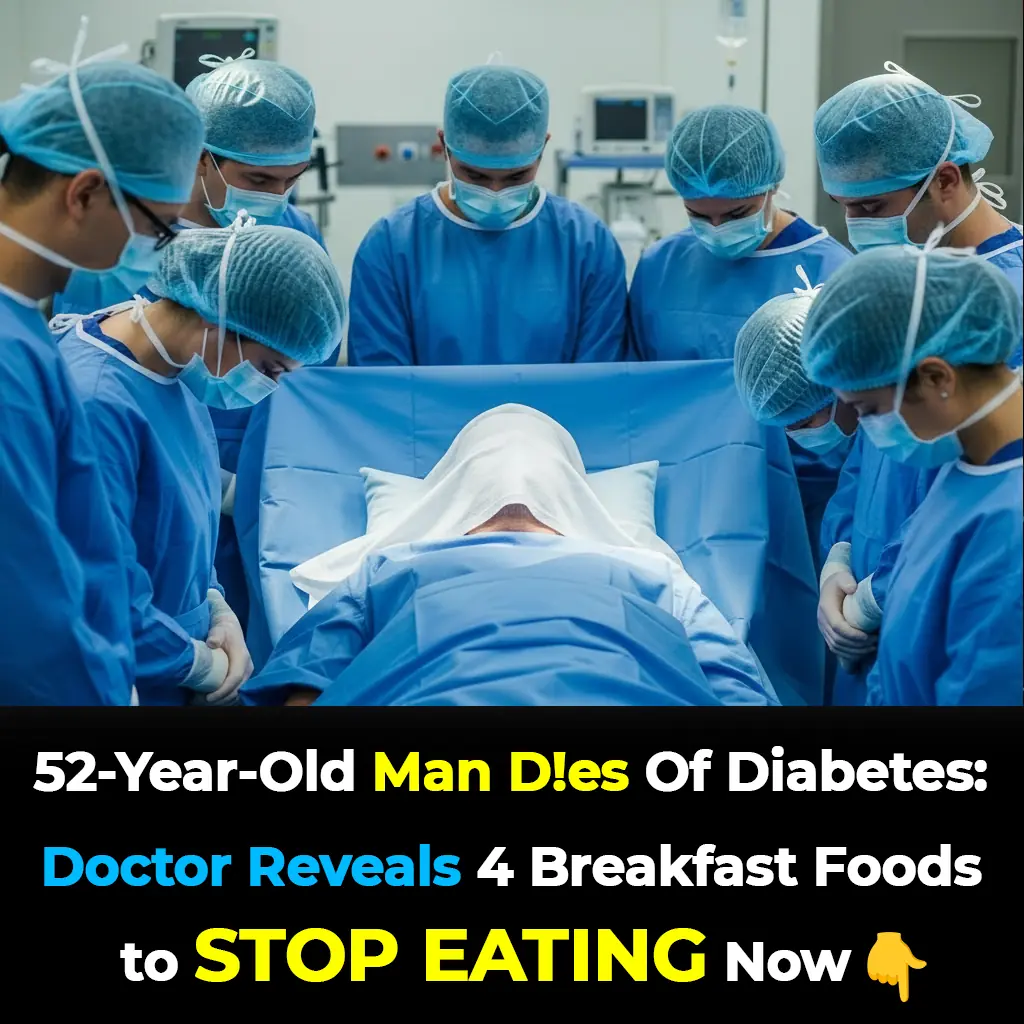
52-Year-Old Man Dies From Diabetes—Doctors Reveal 4 Common Breakfast Mistakes That Can Wreck Your Blood Sugar
He thought he was strong and healthy, but one morning at work, his body gave in without warning. By the time he reached the hospital, it was too late. His story serves as a chilling reminder that what you eat for breakfast could quietly determine your ris
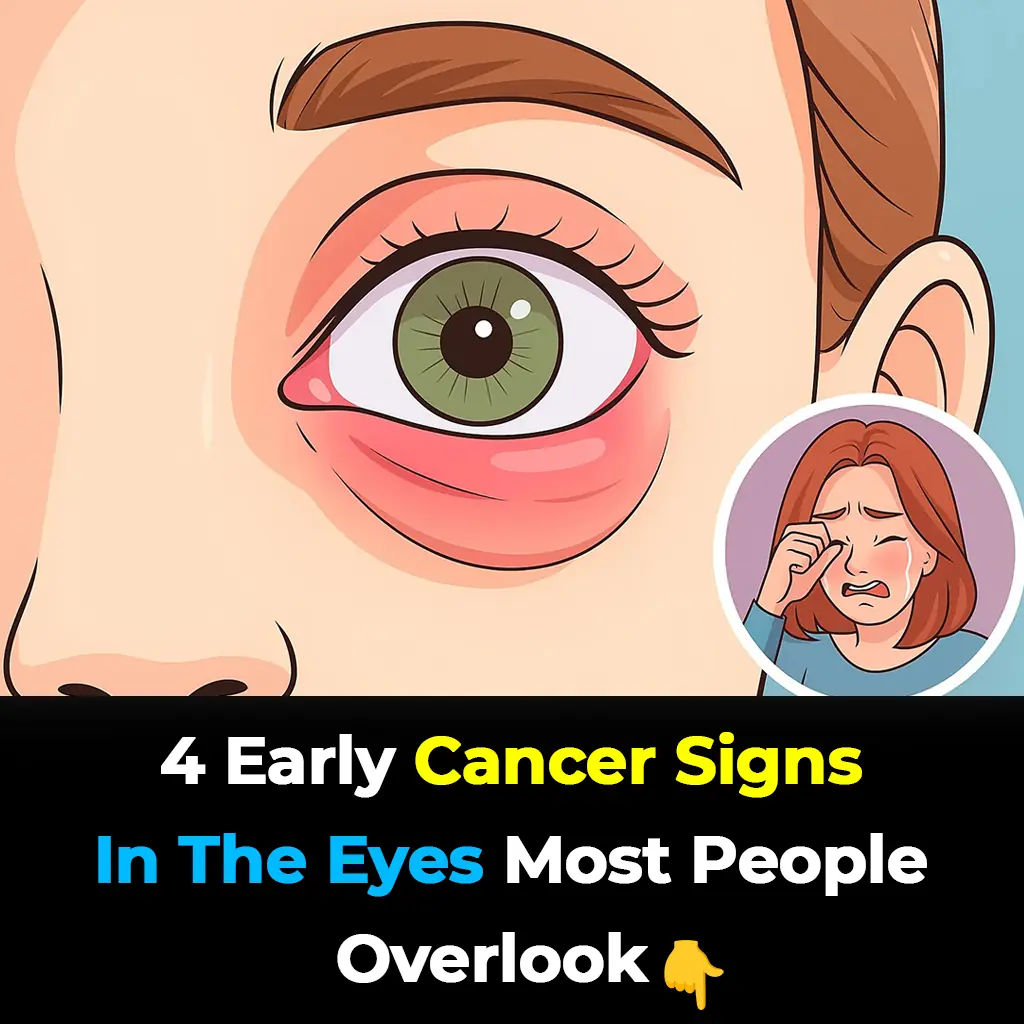
4 Silent Eye Changes That Could Signal Hidden Cancer — Don’t Ignore These Red Flags
Your eyes do more than reflect emotions; they can also reveal critical clues about your overall health. Subtle changes in appearance, color, or vision may sometimes be early warning signs of dangerous cancers developing elsewhere in the body — long befo

Husbands With These 2 Bad Habits May Put Their Wives at Higher Risk of Breast Cancer - Stop Them Now Before They Harm The Whole Family
The influence of a husband’s habits on his wife’s well-being is far greater than many couples realize. Small daily choices — whether neglecting exercise or lighting a cigarette — can quietly accumulate into significant health risks over time.
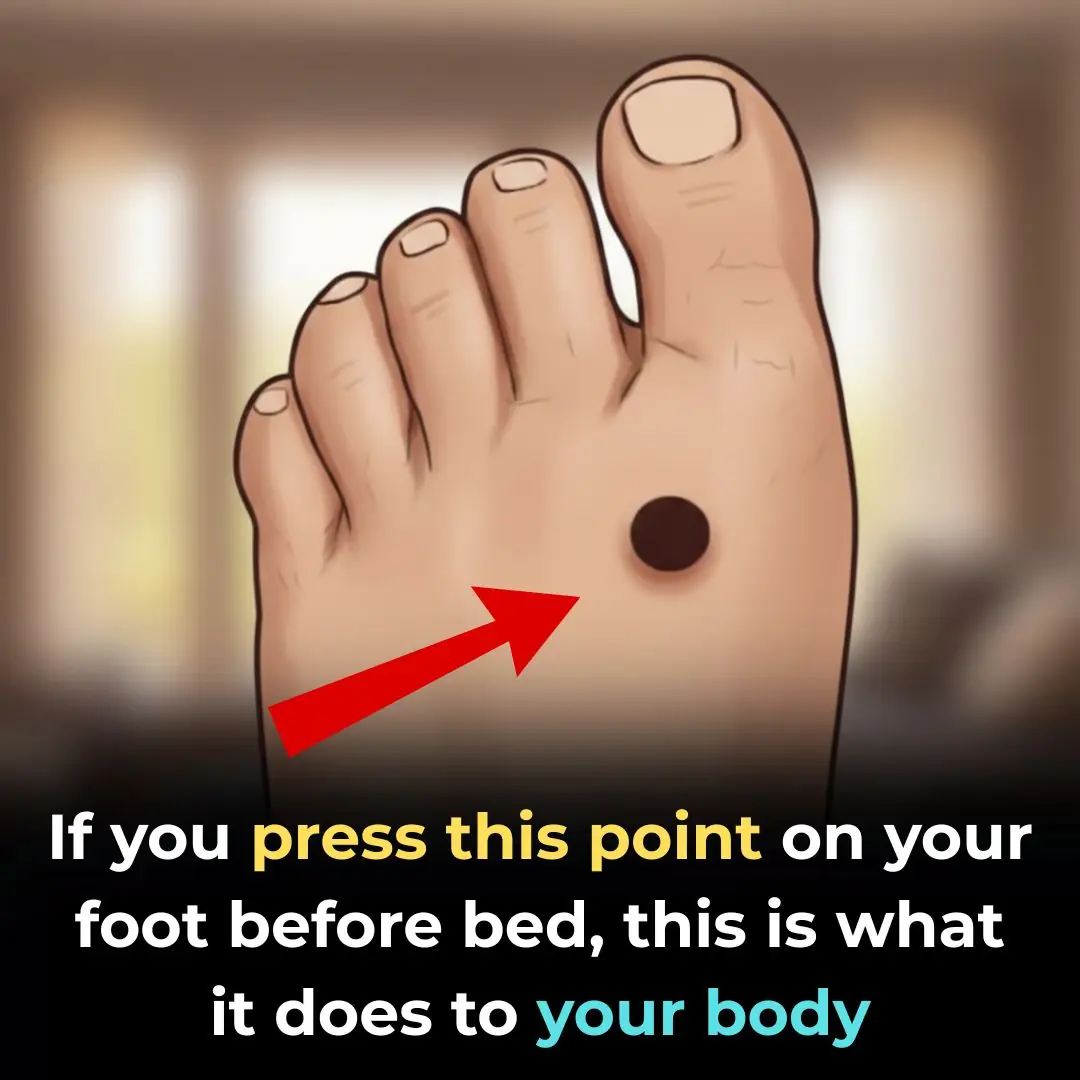
Press These Points for Wherever You Have Pain – Every Body Part is Linked to Your Palm and Foot
News Post

Tips to clean greasy, yellow pot lids without chemicals: Simple, effective, and time-saving

Clip a piece of paper in the refrigerator: Great use to save a lot of electricity

The effect of stewed chicken feet with black beans is as good as ginseng

Mosquitoes smell these 4 smells, 99% will turn around and run away, natural way to kill mosquitoes that many people don't know

Put ginger next to your pillow when sleeping: A simple secret for good health and sleep

It turns out that mosquitoes are most afraid of "it". Take this and stick it in a lemon and leave it in the corner of the house. The mosquitoes will go away and never come back.

Things People Do That Put Themselves Closer to a Stroke

6 types of fruit that help 'cleanse' the uterus, women in their 40s will see the difference immediately when they eat them

The Harmful Effects of Squatting Over a Toilet 🚽

Rare Body Features That Show Just How Incredible the Human Body Is
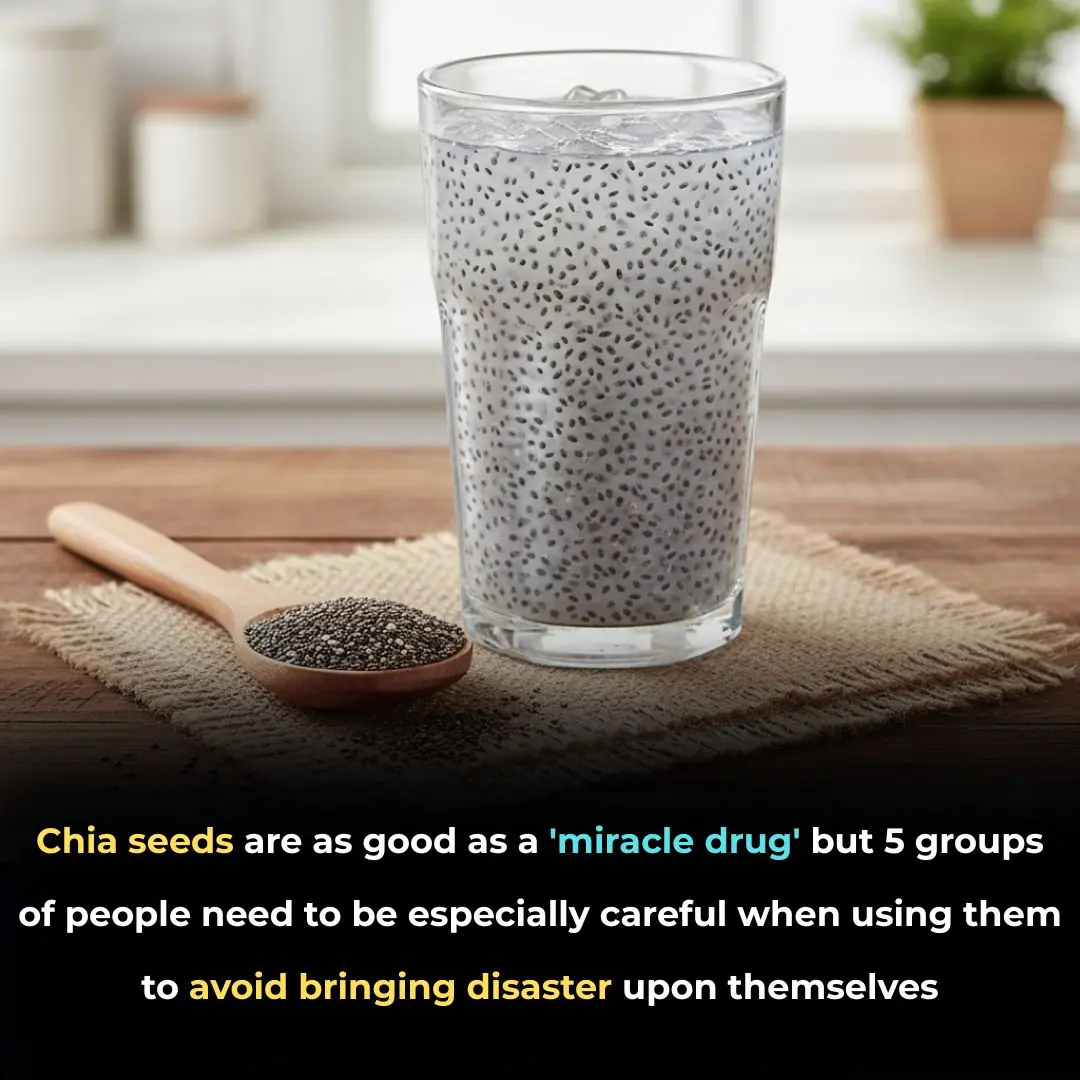
Chia seeds are as good as a 'miracle drug' but 5 groups of people need to be especially careful when using them to avoid bringing disaster upon themselves

Proven Health Benefits of Dates

5 Warning Signs of a Dangerous Stroke and the 4 Groups Most at Risk

Waking Up at Midnight: Husband Complains of a Headache, Wife's Quick Thinking Saves His Life

When cleaning the house, add this to the water

Doctors finally reveal the BENEFIT of one egg a day

Largest-Ever Individually Randomized Trials Show High-Dose Flu Vaccines Reduce Hospitalizations
In short, these studies suggest that a stronger flu vaccine does far more than ward off seasonal sniffles—it can save lives, ease pressure on hospitals, and even protect the heart.

Eating Breakfast Too Late May Shorten Your Life: New Study Reveals a Hidden Risk for Older Adults
A new long-term study has raised alarm bells about something many of us overlook: the timing of breakfast. For older adults, pushing the first meal of the day later into the morning could be more than a habit — it may signal deeper health problems and i
